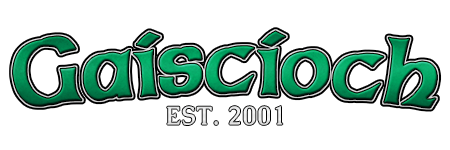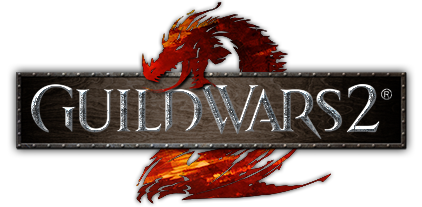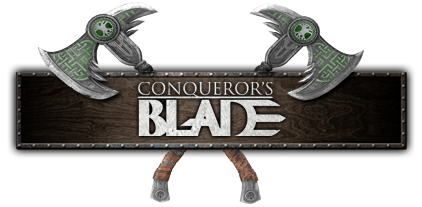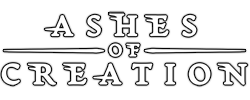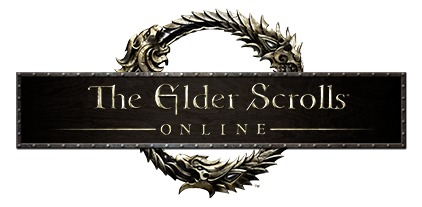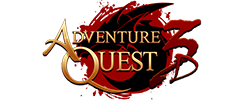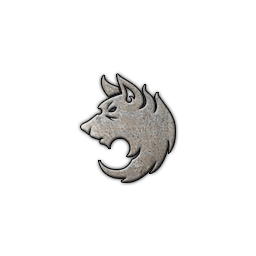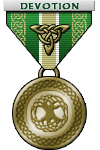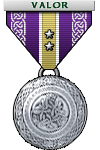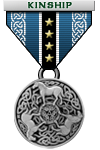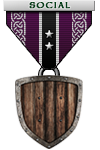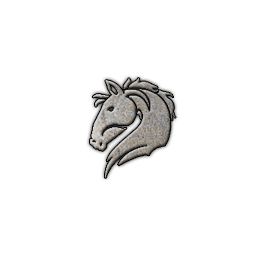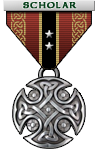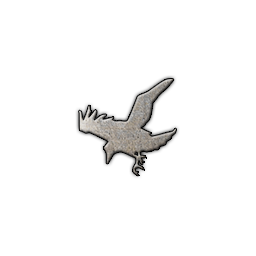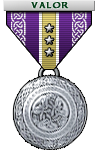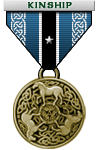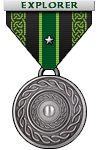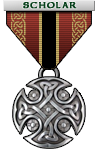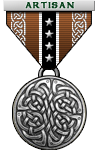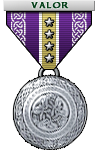For lesson 1, what better way to start than by learning how to greet someone else. There are many different ways to start a conversation, I'll stick to the most general and give a brief overview of any dialectical differences that might come up. Note, the computer I am using is setup for American English and I don't know how to create a fada with it, so I am just using a single quote after the letter that has the fada on it (I will explain fada and eclipse in lesson 2).Without any further blabbing by me, lets begin.
New Vocabulary (focloir nua)
Dia duit (Jee-ah gitch) May God be with you.
Dia is Muire duit (Jee-ahs Mwer-eh gitch) May God and Mary be with you.
Ta' me' go... (Tah may goe) I am... (as a state of being)
agus (ug-us) and
ach (ahk) but
agus tu' fe'in (ug-us too fane) and you as well (also you)
tusa (tuss-ah) you
tu' (too) you
inniu (In-yoo) today
go maith (goe mah) good
tuirseach (toor-shock) tired
go brea' (goe brah) fine
tinn (tinn) sick
measartha (mess-ar-tha or mess-ar-ha) ok
mo chara (moe har-uh) my friend
Conas ata' tu'? (cone-us ah-tah too) How are you? (Munster)
Cad e' mar ata' tu'? (cah jay mar tah too) How are you? (Ulster)
Ce'n chaoi an bhfuil tu'? (Kay he will too) How are you? (Connacht)
We'll begin by reading this dialog between Joseph and Jeremiah.
Joseph : Dia duit a Dherimuid!
Jeremiah: Dia is Muire duit a Sheosamh... Cad e' mar ata' tu' inniu?
Joseph : Ta' me' go maith, agus tu' fe'in?
Jeremiah: Ta' me' tuirseach, ach go brea' mo chara.
Here is the meaningful translation (not a literal translation).
Joseph : Hi Jeremiah!
Jeremiah: Hey Joseph... How are you doing today?
Joseph : I'm good, and you?
Jeremiah: I'm tired, but I'm fine my friend.
Now, here is another conversation, see if you notice the difference between Kate and Melissa (I'll tell you after the translation).
Kate: Dia duit, Melissa. Conas ata' tu'?
Melissa: Dia is Muire duit, Ca'it. Ta' me' tinn inniu, agus tusa?
Kate: Ta' bro'n orm, ach go measartha.
This is the meaningful translation.
Kate: Hey Melissa, how are you?
Melissa: Hi Kate. I'm sick today, how about you?
Kate: I'm so sorry! I'm doing ok.
Ok, now that I have you confused, let's look at why things are the way they are.
Dia duit is a common and standard greeting used among Irish speaking people, it litterally means may God be with you. If you're not particularly religious, it's still polite to greet or respond using this greeting. You may also just ask how the other person is doing before they can greet you in this manner, because if they do you should recipricate the greeting to them.
Irish is also a language of one-upmanship during greetings. If someone wishes God to be with someone else, the other person has to with God and Mary to be with them. If the bugger starts off with God and Mary, then the response is God, Mary, and Patrick... and if they start with that then they are a jerk and just walk away (although if you want to greet the jerk back, it would be God, Mary, Patrick, and Bridget) any further and you should just fist fight.
In the first conversation I used the prim and proper vocative case (just the a in front of the name), this aspirates the name and in general broadens the consonant that follows (this will be in lesson 2). The second conversation did not use the vocative case. For now use which ever you feel more comfortable using, just remember that if you use vocative put an h before the first vowel in the noun that follows ex: a Mhellisa, a hAon, etc. The second conversation is closer to what you would actually hear friends saying to each other.
If someone asks you how you are doing, it is polite to ask them how they are doing. You can do this by saying "agus tusa" or "agus tu' fe'in" which mean "and you" or "and you as well". You can also say "ach tusa" or "ach tu' fe'in" as well, and that would mean "but what about you" which would be a clear indicator that they do not want to talk about themselves.
Exercises
Translate the following:
1) I am fine.
2) Dia duit, Melissa.
3) How are you doing?
4) Ta' me' go maith.
5) I am ok, how about you?
6) ...ach ta' me' tuirseach...
This concludes lesson 1, I hope you learned something. If it is still a little foggy, that's ok... I'm not giving literal translations because that's something a robot or google translate can do for you. It will take a little longer to learn the way I am teaching, but with practice it will be more meaningful and last longer.
